14 home treatments for dandruff, as recommended by doctors and hair experts
If you have an itchy or sore scalp start with these home treatments for dandruff. You may even wish to try some before your scalp is producing flakes.
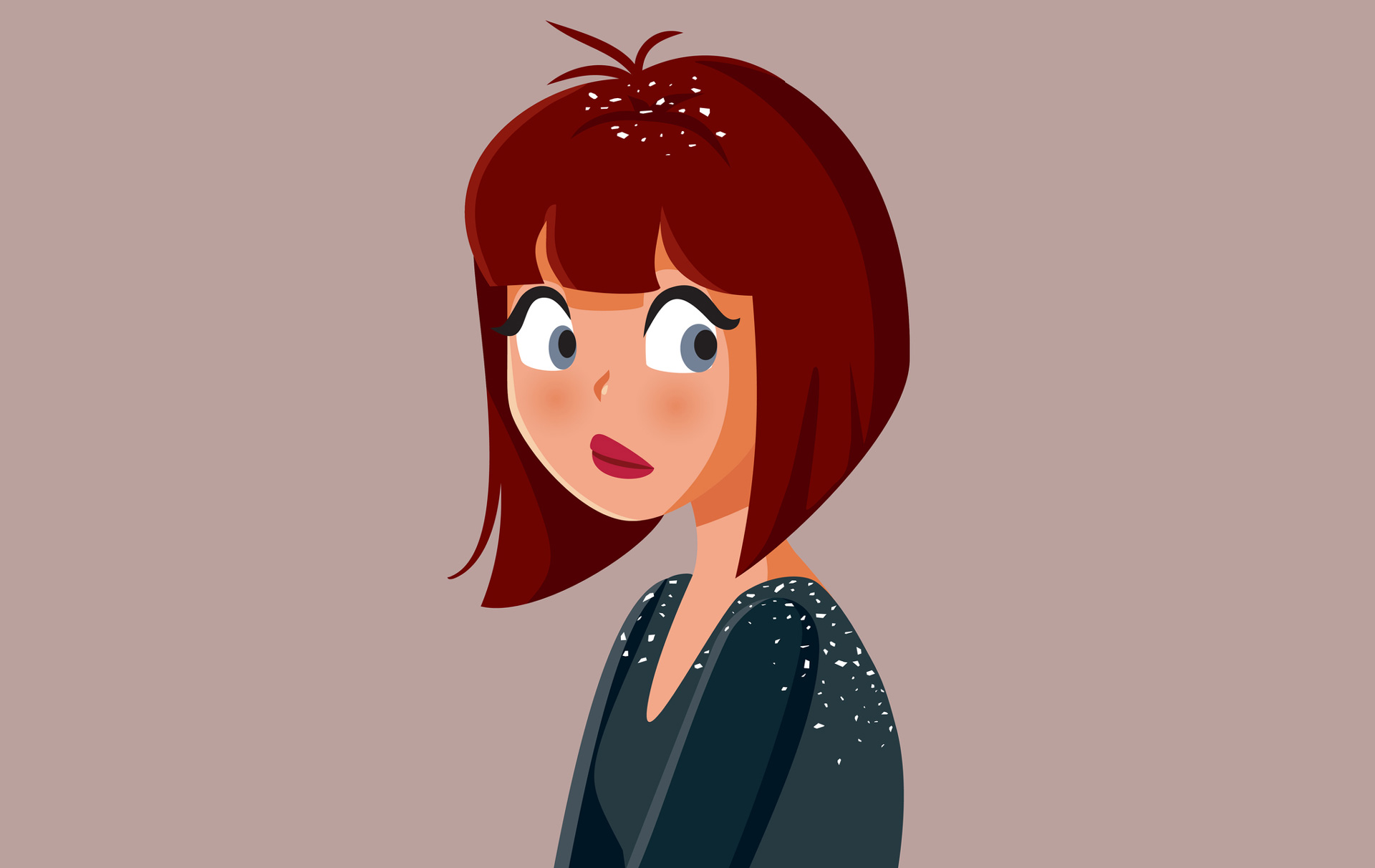

Dandruff can be unsightly and embarrassing, but it's very common and generally easy to treat. If you have an itchy or sore scalp, start with these home treatments for dandruff.
Dandruff is often a medical skin condition but it can also be caused by not washing your hair properly or washing hair too much or too little.
Here, we also explain the different types of dandruff so you can determine what treatment is most likely to work, although you may need a doctor's advice to eradicate the issue.
Dr Simmy Kaur told us, 'Dandruff affects around 1 to 5 percent of the population. It’s more common in males, though. This is due to the higher ratio of androgen hormones in men that have an effect on the production of the natural oil sebum.
While most of these home treatments for dandruff are natural, some do contain medicated ingredients.
Home treatments for dandruff
1. Take preventative action
Prevention is nearly always better than cure. Keep your scalp in good condition and you may not need any home treatments for dandruff. You may also save money on products in the future.
Most hair issues start with the scalp. 'This is because each hair grows from, and through, an individual follicle which surfaces on your scalp,' says Lisa Shepherd, the most awarded female hair colourist in the UK and owner of The Hair Boss. 'Each follicle produces sebum and some people have more natural sebum than others,' she explains. It’s crucial that the follicle and the scalp remain clean and healthy, not full of sebum or blocked by dead skin, as this can result in dandruff or infection, ultimately impacting the quality of hair growth.'
GoodtoKnow Newsletter
Parenting advice, hot topics, best buys and family finance tips delivered straight to your inbox.
Certified trichologist Stephanie Sey, told us, Every day, our scalps and hair are exposed to environmental pollutants and dirt. This can make hair look dull and cause build up and unsightly flakes, so it’s more important than ever to adopt a regular scalp routine.'
In a nutshell, if your scalp is healthy you're less likely to suffer from dandruff.
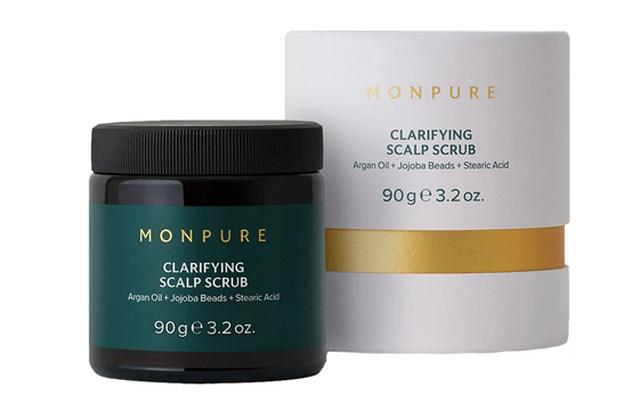
2. Change your hair washing habits
Washing your hair too much, or too often, could be making your dandruff by affecting the levels of oils in the skin. Depending on each person's hair type and length, hair should be washed between 2-3 times a week.
Hairstylist Mariano Ruiz of the Flow & Co Salon in Kent explains, "With dandruff, the cause is very often too much oil in the scalp. The more you wash your hair, the more you remove the natural oils your body produces in order to keep your scalp healthy.
"At the same time, if you don’t wash your hair very often, the oily scalp builds up and generates flakes. With this in mind, you need to find a balance. So, if you have an oily scalp and wash your hair most days, you could be exacerbating the issue. Likewise, if you wash your hair less regularly, you could be causing the same problem. Try to find a middle ground to see if that makes a difference to your dandruff."
3. Use a daily anti-dandruff shamp00
If you have mild dandruff and just want to keep the condition at bay then a gentle but effective shampoo can work.
Sanex’s new anti-dandruff shampoo contains wheat protein and antibacterial agent that cleanses the hair to remove dandruff and restore the scalp’s pH balance, while soothing your scalp.
It's dermatologically tested so it's suitable for all hair types and gentle enough to use daily.
We recommend: Sanex Anti-Dandruff Shampoo, £3 for 350ml, Waitrose.
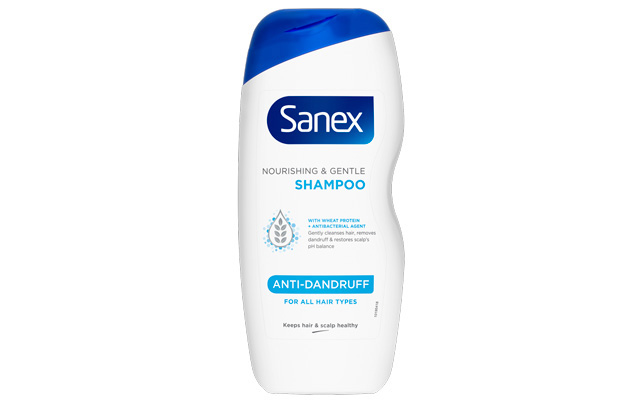
4. Use a shampoo with coal tar or zinc
Shampoo containing coal tar or zinc include ingredients derived from natural sources.
Dr Derrick Phillips, a consultant dermatologist at the Cadogan Clinic told us, 'Coal tar shampoos such as Polytar help to reduce the build-up of scale,' The smell isn't to everyone's taste (though some of us love it).
We recommend: Polytar Coal Tar Shampoo - Boots | £6. For a milder condition, try Neutrogena's T/Gel Therapeutic Shampoo - Boots | £7.
To reduce scale build-up you could also try a shampoo with selenium sulphide, Dr Phillips recommends: Selsun -Lloyds Pharmacy | £4.99
Alternatively, use a shampoo infused with zinc. 'Try an anti-dandruff shampoo contain pyrithione zinc [a complex of the mineral zinc], which is one of the most common anti-fungal ingredients,' says Dr Melegh.
We recommend: Clever Soap Shampoo with 2% Pyrithione Zinc and Argan Oil - Amazon| £9.99
A word of advice: 'Overuse of anti-dandruff shampoos can lead to a dry and sensitive scalp and cause different sorts of dandruff. Limit their use,' says Dr Melegh.
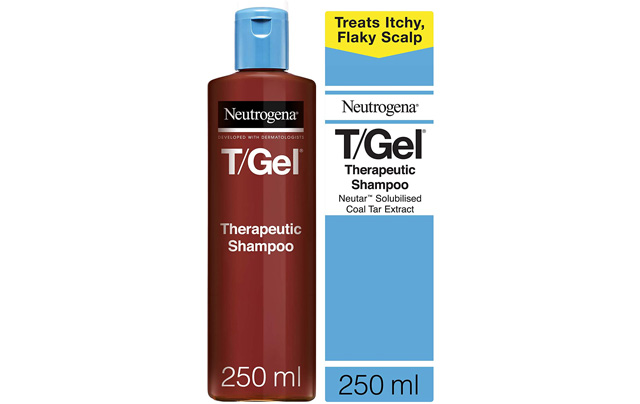
5. Use a medicated shampoo
If you need something a little stronger, medicated shampoos are one of the home treatments for dandruff that usually work.
Dr Adam Friedmann, consultant dermatologist at Stratum Clinics told us. 'I’d always advise patients suffering with scaly scalp to wash their hair with medicated dandruff shampoos containing salicylic acid, which dissolves away the skin cells,' says
You'll find salicylic acid in a number of regular, everyday shampoos. For example, search for 'salicylic acid' on the Superdrug site and the results will show the shampoos available with this ingredient.
We recommend: Alpecin Double Effect Shampoo - Boots | £7.99
Ketoconazole-based products have also proved to be very effective. 'The fungus Malassezia exists on everyone’s scalp; however, some people can have a sensitivity to it which causes dandruff,' says certified trichologist Stephanie Sey. 'So, use a treatment with the active ingredient ketoconazole in it, such as Nizoral, as cosmetic shampoos and haircare don’t treat the root cause. You can use your regular shampoo in between.'
What is ketoconazole, you may ask? 'It's an antifungal agent that stops the growth of the yeast Malassezia.' Using a ketoconazole-based product helps control and effectively treat the cause, as well as the symptoms, Stephanie says.
We recommend: Nizoral Dandruff Shampoo Boots | £9.30.
In general, all dandruff shampoos should be left in for longer than normal shampoos.
Consultant dermatologist Dr Derrick Phillips told us, 'It's important the shampoos are used correctly so the active ingredients have enough time to work. After massaging onto the scalp, the shampoo should be left to work for at least 10 mins before rinsing it out.'
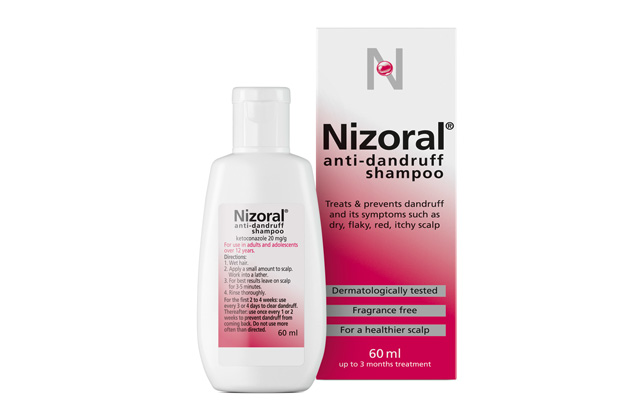
6. Exfoliate your scalp with a hairbrush
A simple scrub with a clean hair brush will massage and exfoliate your scalp, making this option one of the easiest home treatments for dandruff.
Certified trichologist Stephanie Sey recommends using a hairbrush – but not any old hairbrush.
'Regularly removing dirt, sweat, excess product and environmental pollutants using the Tangle Teezer will help keep your head and hair looking their best,' she advises. 'In the shower, the teeth help to exfoliate the scalp, removing product build-up and flakes. Then you can use it dry as a massaging tool to relax tense, tight scalps and ease tension overall.'
Trichologist recommends: Tangle Teezer Scalp Exfoliator & Massage - Boots | £8.
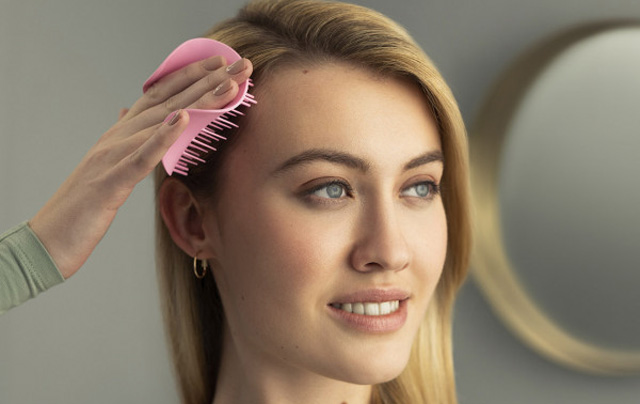
7. Use a scalp shield
Following on from the advice to change your shampoo, consultant dermatologist, Dr Eva Melegh recommends a 'scalp shield' to protect the skin on your head.
'If you suffer from small dry white flakes, with tight scalp and itching often worse soon after washing hair you may be experiencing a scalp allergy,' she says.
'Allergies are very common, with studies showing that around 10% of the population suffer from scalp itching from a common preservative frequently used in most shampoos called MITT (Methylisothiazolinone),' she explains. 'Additionally, strong detergents and perfumes in shampoo can set off scalp allergies.'
One way to avoid this is to cover your scalp in a preparation that will protect it. 'Use a chemical-free and reparative scalp treatment to reduce irritation, improve scalp moisturisation, and repair skin barrier function through the use of prebiotic ingredients,' recommends Dr Melegh.
We recommend: Hydrosil Scalp Shield Tonic - Skin Shop| £11.95
Containing natural ingredients such as passion fruit seeds, prebiotic chicory root and Australian tea tree, it's also free from from sulphates, parabens and perfume.
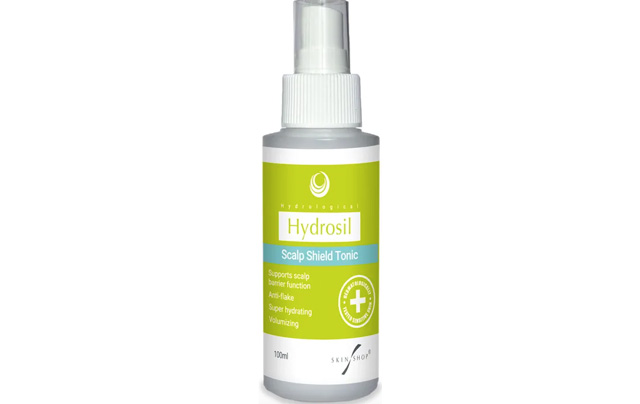
8. Use a scalp scrub
Just as you would use a body scrub to exfoliate dead skin cells, so should you use a scalp scrub to give your head a bit of extra love.
Colourist Lisa Shepherd, told us, '
'Healthy hair starts with a healthy scalp,' says Lisa. 'Hair Boss Scalp Scrub (Superdrug | £5) contains tea tree oil and rosebay extract, a patented scalp active proven to reduce dandruff and sebum, as well as sugar crystals to gently exfoliate and unclog pores.
Another of the home treatments for dandruff we like is Monpure's Clarifying Scalp Scrub (Monpure | £48) While it's pricier, it feels like a luxury product and there are no parabens, silicones or sulphates. 'The scalp scrub is great for exfoliating stubborn areas of scale that may develop over time in people with dandruff,' says GP Dr Simmy Kaur. It can also help alleviate the symptoms of psoriasis.
9. Invest in an anti-dandruff serum
A serum is another way to soothe and treat your scalp and provide it with some extra TLC. As well as counteracting the appearance of dandruff, a serum can help to reduce itching and burning. Most serums are used after washing your hair and left in to work their magic. When used correctly they won't make your hair greasy and, what's more, a little goes a long way.
If your scalp is in poor condition, apply on alternate days for 2-3 weeks. To prevent or maintain your scalp, use the serum weekly for up to six weeks.
We like the anti-dandruff range from Italian trichology experts EVERYGREEN. As well as being organic and sustainable, the company supports ActionAid, a charity which works to change the lives of women and girls around the world.
We recommend: Try EVERYGREEN Anti-Dandruff Treatment Serum, £14.95, Salon Business Solutions.
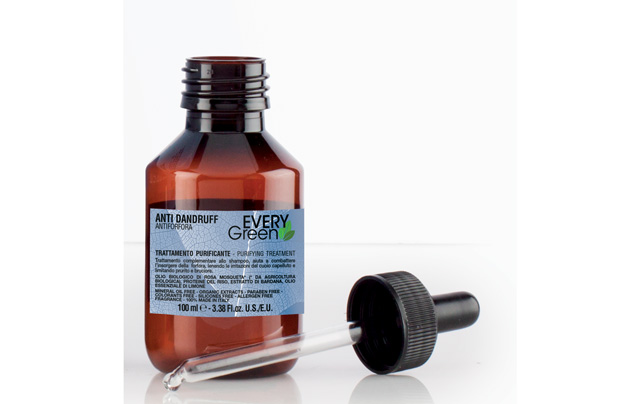
10. Try a tea-tree based product
Tea tea oil is well known for its anti-bacterial, anti-fungal, anti-inflammatory and anti-viral properties, and is one of the most natural home treatments for dandruff available.
One study found that when a 5% tea tree oil shampoo was used, 41% of participants saw an improvement to their dandruff.
If you can, opt for a natural product. Not only is this kinder to your hair, it's kinder to the environment. Odylique's herbal shampoo is a wonderfully scented combo of flake-fighting tea tree, biodynamic nettle for scalp health and reparative aloe vera juice – amongst other ingredients. It's also certified organic and vegan.
We recommend: Odylique Tea Tree & Herb Shampoo - Amazon | £12
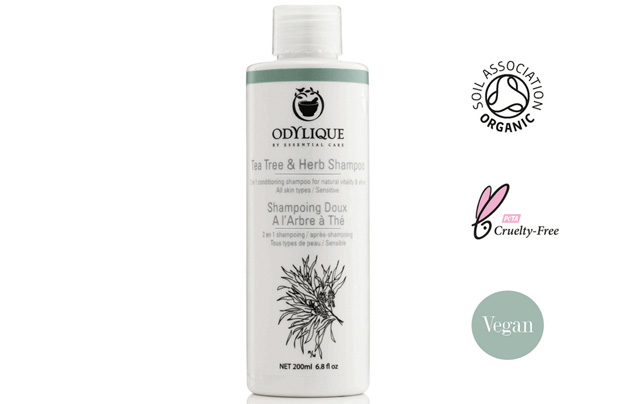
11. Take supplements
Certified trichologist Stephanie Sey told us, 'Supplements are only required when you do not get the necessary nutrients from your diet, or you have a specific deficiency such as an iron or vitamin D deficiency.
'Shorter days and time spent indoors means that many of us are exposed to very little sunlight and, as a result, can suffer from a vitamin D deficiency,' she explains. 'Vitamin D supports the immune health of the scalp, whilst also retaining hydration and helping the skin fend off yeast or bacterial organisms.'
While Stephanie advises that it's always a good idea to get vitamin D through food sources, such as eggs, oily fish and red meat, if this isn't always possible take a supplement.
We recommend: Alive Vitamin D3 Gummies - Amazon | £14.99

12. Review your diet
We are what we eat, so when our diet is unhealthy parts of us can suffer – including our hair and scalp. So, one of the easiest home remedies for dandruff is to change what we consume.
Stephanie Sey told us, 'Processed foods like ready meals and fast food are typically high in sugar, salt and unhealthy fats, as well as chemical additives. These foods have very little in the way of the nutrients that our body needs to stay healthy, such as vitamins, minerals, and antioxidants.'
She continues: 'The hair is the very last system in your body to receive nutrients (as it's one of the least essential) so, if your body is not receiving adequate nutrients, your hair will likely be affected.'
To counteract this, Stephanie suggests eating a balanced diet comprising of carbohydrates, healthy fats, proteins, fibre, vitamins and minerals. 'Eating a diet that is rich in fresh vegetables, meat and fruit supports healthy growth for thick, full hair,' she says. She also advises you add more vitamin B-rich foods to your diet. 'B1, B2 and B7 will help with the maintenance of healthy skin and hair. These can be found in foods such as oats, bananas and avocado.'
13. Limit your alcohol intake
As well as contributing to dehydration, which can dry our skin (and, therefore, our scalp), alcohol has other effects.
'Drinking a lot of alcohol can put the body under excessive stress and that will not help in trying to keep the dandruff under control,' warns Stephanie.
14. Don't overload your hair with hair products
While we've recommended a variety of different products and product types, we would suggest you use all of them all of the time.
Similarly, if you wash, condition, use salt spray, hairspray, gel, serums and other types of products you could be overloading your hair – and your scalp – with products that irritate your skin.
Instead of using home treatments for dandruff simply give your scalp a break for a few weeks to see if your dandruff improves. Alternatively, switch to more natural products.
What causes dandruff?
There are a few reasons why you may develop dandruff. While dandruff is more common in people with oily skin (e.g. adolescents), and those with immunosuppressive diseases or taking immunosuppressive medications, it can affect anyone of any age.
'Dandruff is [often] what dermatologists call seborrhoea dermatitis,' says consultant dermatologist Dr Ophelia Veraitch. 'Seborrhoeic dermatitis causes red, itchy and flaky skin on hair-bearing areas of the body. Dandruff is seborrhoeic dermatitis of the scalp. It's an eczema-like reaction to an overgrowth of harmless yeast called Malassezia on the skin,' she explains.
Like many skin conditions, dermatitis has a link to our genes. 'Because the cause of dandruff/seborhoeic dermatitis is an eczema reaction to the yeast described, people with a family or personal history of any atopic disease (eczema, asthma, hay fever) are more prone to getting it,' says Dr Veraitch. 'Babies can also get a form of seborrhoeic dermatitis of the scalp (cradle cap) and nappy area.'
'Conditions such as psoriasis and eczema may also be the root of the problem as they not only affect the skin on the body, but can also affect the scalp giving rise to redness, itching and scaling,' adds Dr Friedmann. 'Severe dandruff can also indicate a weakened immune system – and stress and lack of sleep can lower the immune system and make your scalp worse.'
Dr Veraitch adds that our environment and lifestyle can also be a factor. 'Cold weather is also a trigger for seborrhoeic dermatitis,' she says, as are some medications.
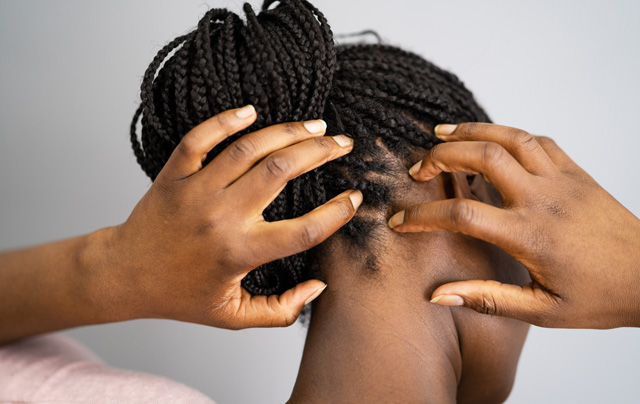
What are the symptoms of dandruff?
Symptoms vary depending on what causes your dandruff but, says Dr Veraitch, what it shouldn't be is itchy or painful. 'If these symptoms are present it could signify that the diagnosis might be something else.'
Here are some of the reasons why you may get dandruff and the sort of symptoms you can expect.
Signs your dandruff is caused by seborrhoeic dermatitis:
'Affected areas are red with greasy skin flakes. The most common sites are the scalp, face (eyebrows, nose, cheeks, ears), chest and in the skin folds,' says Dr Veraitch.
Dermatologist Dr Elyse Love told us, 'Seborrheic dermatitis is becoming more common because people are washing their hair less and less. This leads to more build-up on the scalp because the sebum is sitting for longer and there’s an over-production of the yeast [Malassezia], which feeds seborrheic dermatitis.'
Dr Love continues: 'Seborrheic dermatitis spans every hair type. It used to be more common in kinkier hair types and that’s due to the sebum not travelling down coiled hair strands as easily but also because curly hair types tend to not wash as frequently.'
Signs your dandruff is caused by a psoriasis:
'If you're struggling with large silvery flakes with grey and red scaling on the scalp and hairline this may be a sign of scalp psoriasis,' says Dr Melegh.
'The scalp is one of the most common places for psoriasis to first appear, where it is often mistaken for normal dandruff,' she explains. 'Psoriasis, which affects around 2% of the UK population, is a result of an acceleration of skin cell production. Skin cells tend to mature in 21-28 days, psoriatic cells turn over in only 2-3 days. This causes such a profusion that the live cells meet the surface and join with the dead cells still in visible plaques,' she says.
While one of the best home treatments for dandruff is coal tar (especially if you have psoriasis), Dr Melegh warns that they can sometimes be 'messy, smelly and not particularly effective.'
Dr Melegh recommends: Oregon Shampoo and Conditioner Skin Shop | £16.50).
'Developed by a UK trichologist and trialled at Bath University for use on scalps prone to psoriasis, 95% of users on the trial found that Oregon haircare products improved itching and dryness and softened and reduced scalp plaques.'
Signs your dandruff is caused by a vitamin deficiency:
If you notice small white flakes and increased and sudden hair loss, this could be sign of a vitamin deficiency, says Dr Melegh.
'Copper, iron, and zinc deficiencies coupled with a lack of essential fatty acids are common in a low-calorie weight loss diet and can cause your scalp to flake and hair loss,' she explains.
Dr Melegh recommends using a serum high in vitamin B12, biotin, zinc, and omega fatty acids supplements. 'This can help balance this deficiency,' she says.
We recommend: The Ordinary Multi-Peptide Serum for Hair Density (Look Fantastic £15.85).
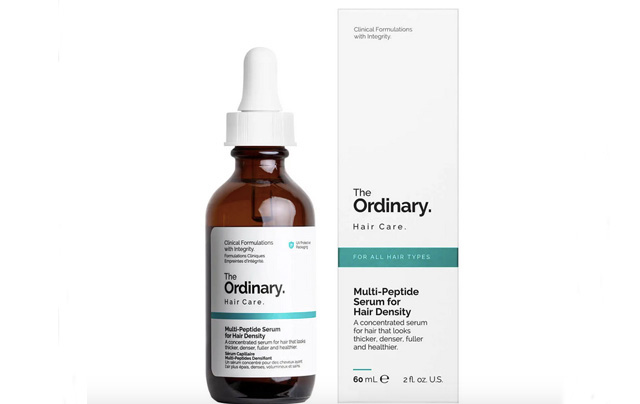
Signs your dandruff is caused by acne:
Think acne only affects your face or back? Sadly not – it can appear on most parts of our body.
'Scalp acne occurs when hair follicles become blocked (folliculitis) with oil and dead skin cells, or bacteria, and subsequently become inflamed or infected,' explains De Melegh.
She continues: 'Hormonal changes such as puberty, pregnancy, and menstruation can be a trigger for scalp acne. In addition, sticky or pore-clogging hair products like gels and hair sprays can add to the problem.'
For this condition Dr Melegh recommends prescription medicated shampoos. 'Shampoos or scalp tonics containing tea tree oil or birch water can also help as preventatives for everyday use.'
When to see a doctor about dandruff
If none of our home treatments for dandruff seem to be working, it's time to see a doctor. You may have chronic dandruff or a consistently sore scalp, or another underlying condition. A GP can refer you to a specialist 0r prescribe 'anti-inflammatory treatments that require prescription, such as steroid shampoos and calcinneurin inhibitors such as Protopic,' says Dr Phillips.
'If your dandruff doesn't respond to common treatment regimens, then you might need to see a dermatologist,' advises Dr Veraitch. 'Sometimes, other skin or scalp conditions such as psoriasis and inflammatory scalp diseases can lead to alopecia.'
Alternatively, a trichologist can help. If you can afford it, look for a private qualified trichologist here.
Video of the week

Debra Waters is an experienced online editor and parenting writer. She also has a strong background on health, wellbeing, beauty, and food. She currently writes for Goodto and Woman&Home, and print publications Woman, Woman’s Own, and Woman’s Weekly. Debra has written for What to Expect, Everyday Health, and Time Out. In addition, she has had articles published in The Telegraph and The Big Issue.
-
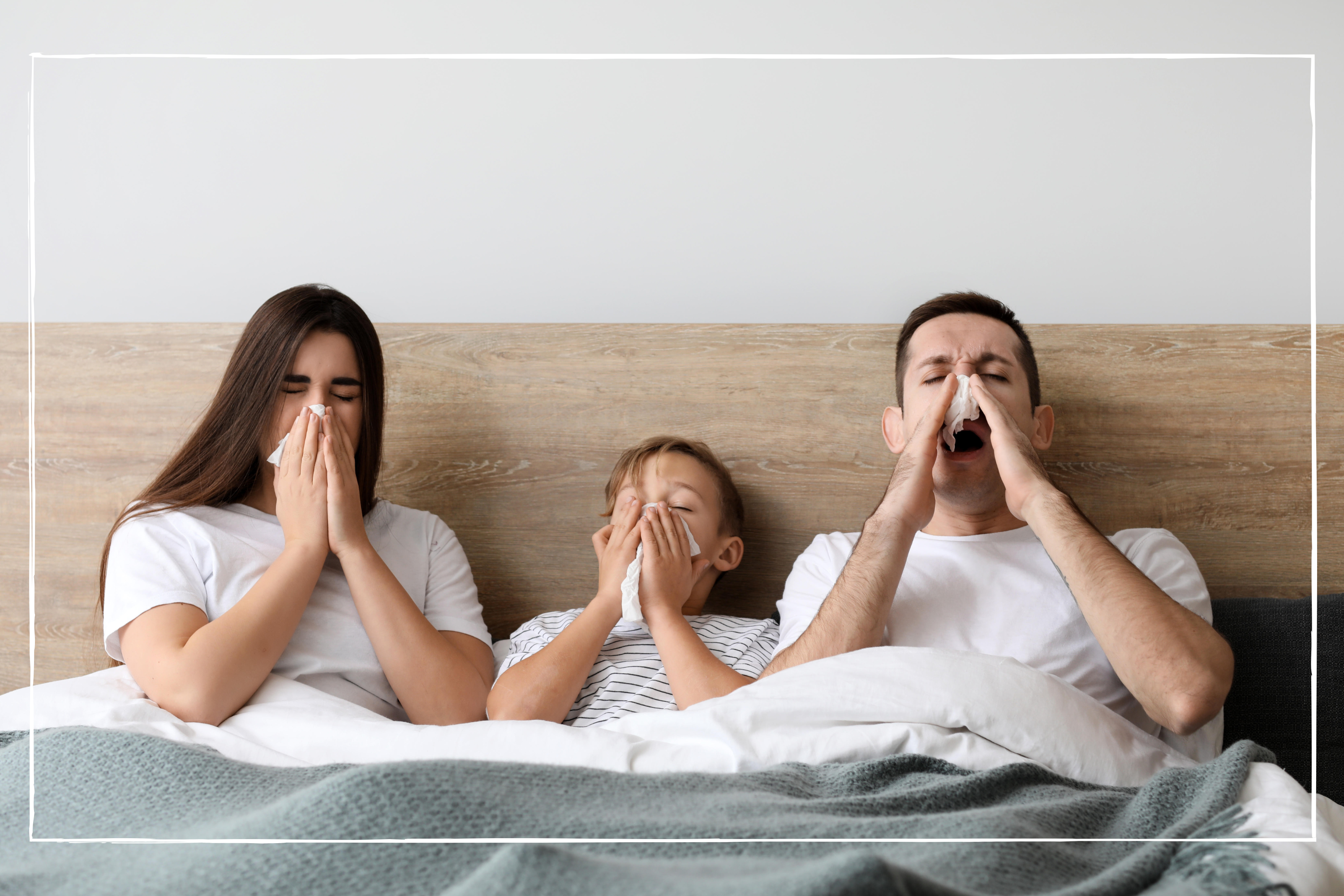 Natural cough remedies: 9 expert tips to cure a cough - including some surprising foods
Natural cough remedies: 9 expert tips to cure a cough - including some surprising foodsWe've spoken to the experts and put together a list of the best natural cough remedies for all the family
By Grace Walsh Last updated
-
 How to whiten teeth naturally – and what not to use
How to whiten teeth naturally – and what not to useWe all want to look our best, and one way to do this is to know how to whiten teeth naturally so we can show off a bright white smile.
By Debra Waters Published
-
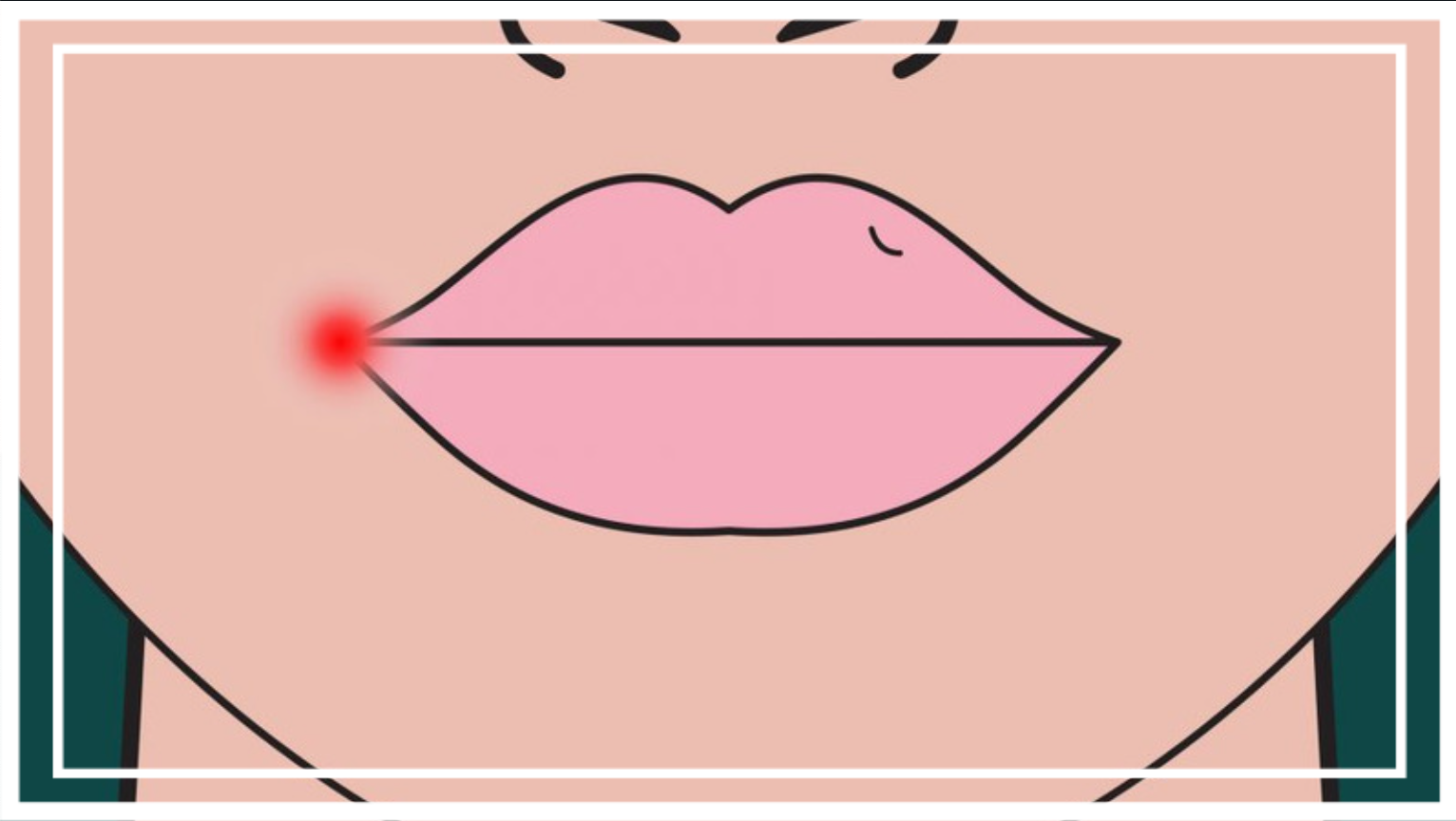 Natural remedies for cold sores and treatments recommended by doctors
Natural remedies for cold sores and treatments recommended by doctorsThe treatments and natural remedies for cold sores recommended by experts to help soothe discomfort and promote healing.
By Debra Waters Last updated
-
 Expert recommended cold remedies to try at home to help get rid of a cold fast
Expert recommended cold remedies to try at home to help get rid of a cold fastGPs and a naturopathic nutritionist recommend cold remedies you can try at home to help get rid of a cold as fast as possible
By Debra Waters Last updated
-
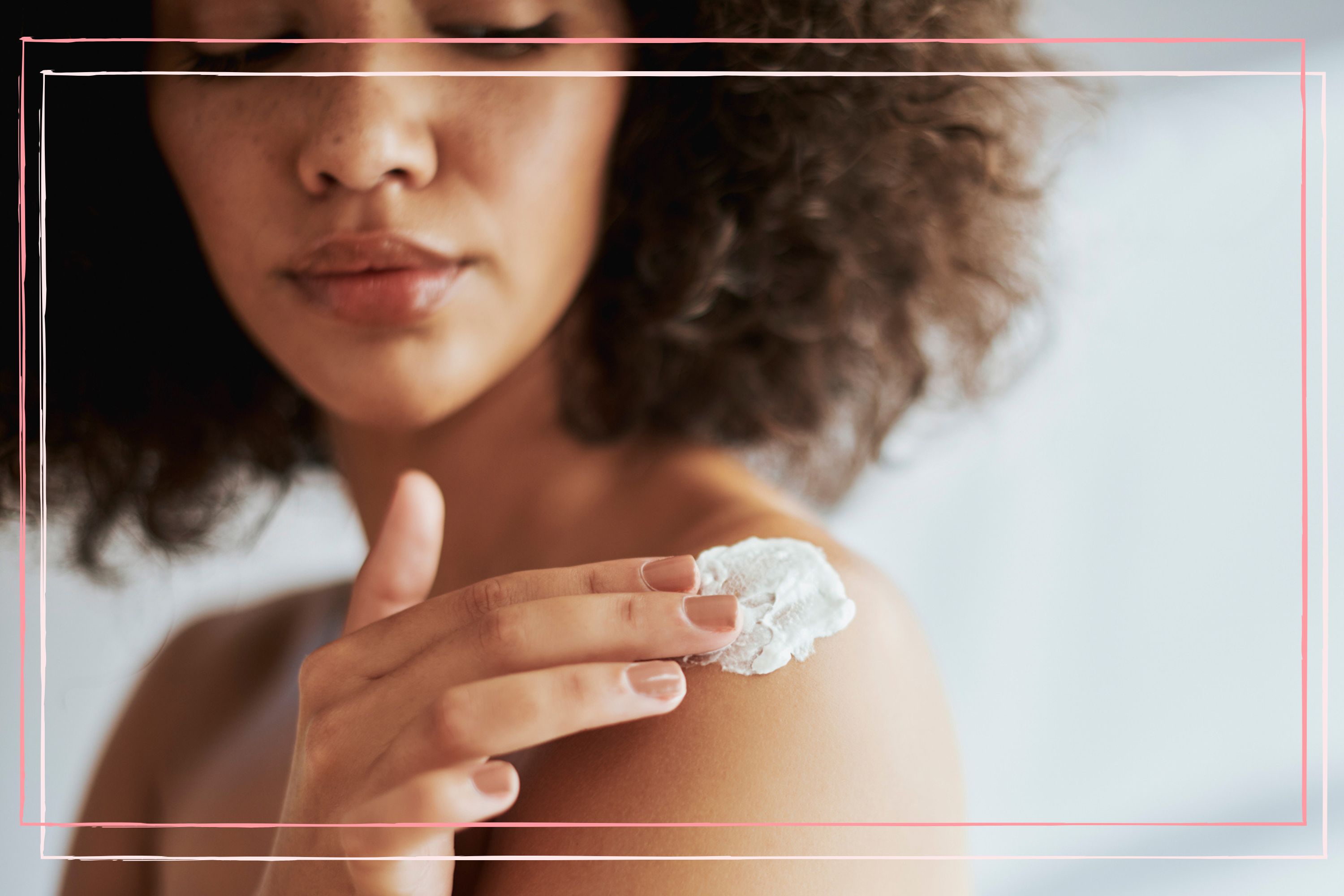 How to treat sunburn at home and when to go and see a doctor
How to treat sunburn at home and when to go and see a doctorDoctor-recommended home remedies and advice on how to treat sunburn to help alleviate discomfort and promote healing
By Rachael Martin Last updated
-
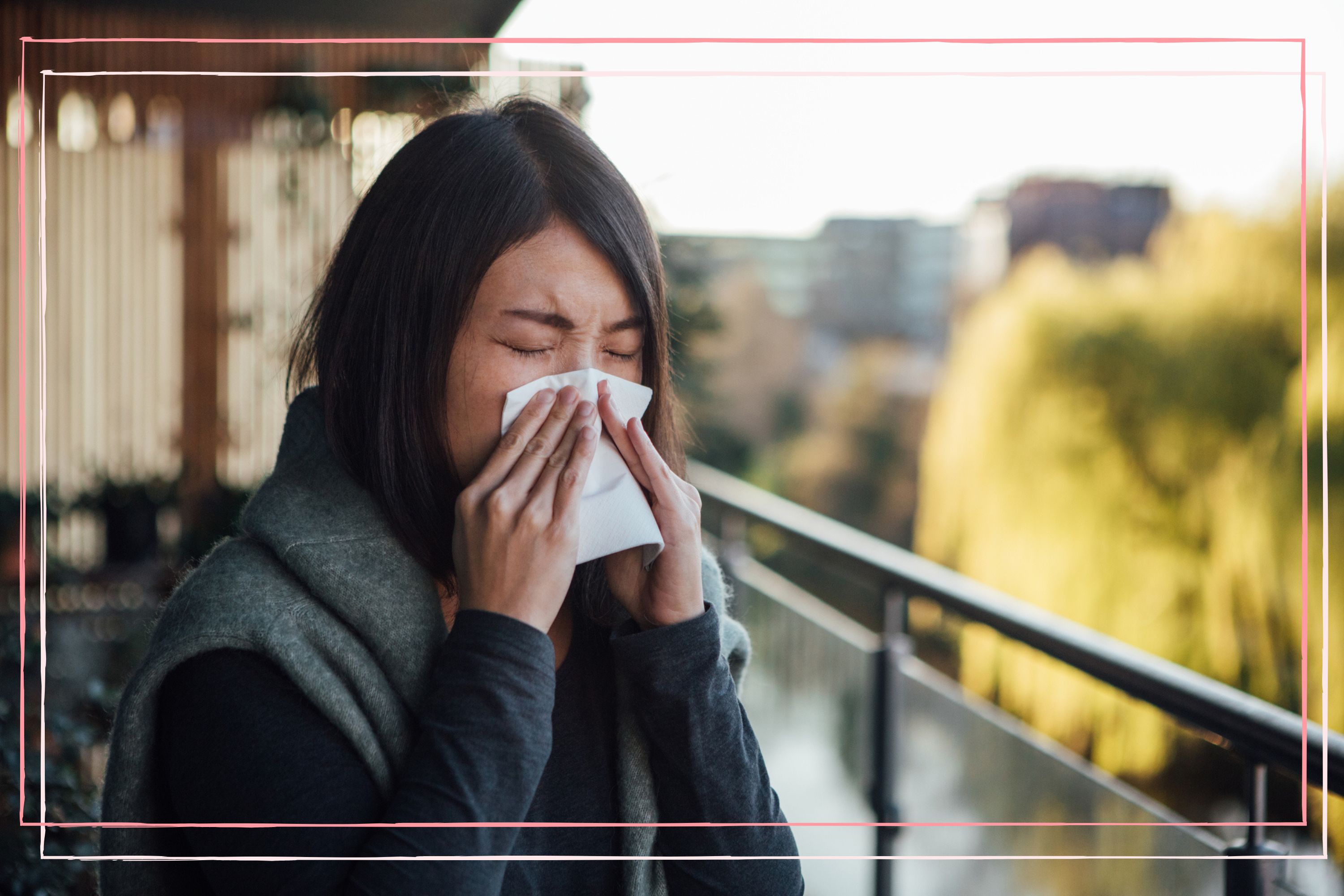 Natural remedies for hay fever, recommended by doctors, that can also be used in pregnancy
Natural remedies for hay fever, recommended by doctors, that can also be used in pregnancyThese natural remedies for hay fever are recommended by doctors for calming symptoms and can be used in pregnancy to help ease discomfort.
By Rachael Martin Last updated
-
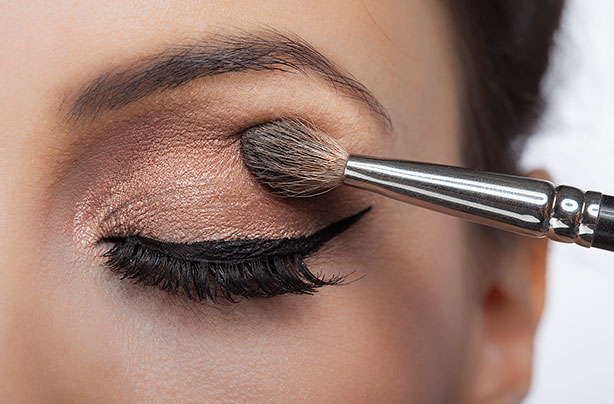 Natural remedies for hair loss: How to treat thinning hair
Natural remedies for hair loss: How to treat thinning hairIf you're suffering from hair loss or thinning hair there are a number of natural remedies you can try - say hello to thicker hair with these solutions!
By Jessica Dady Published
-
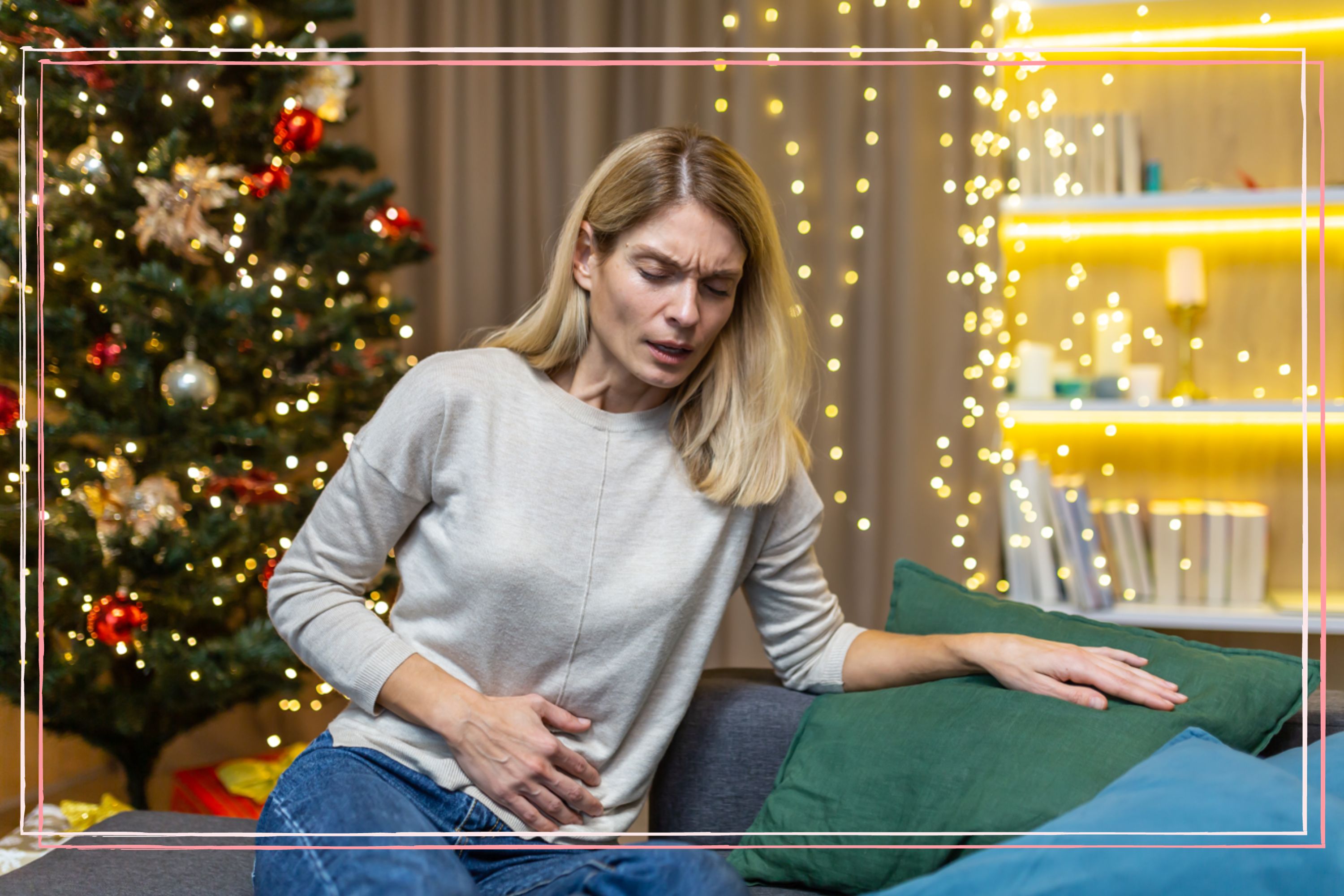 How to reduce bloating: 15 natural remedies to help beat the bloat
How to reduce bloating: 15 natural remedies to help beat the bloatNothing ruins your day quite like that horrible bloated feeling, so combat it quickly with our top tips.
By Ellie Hutchings Last updated